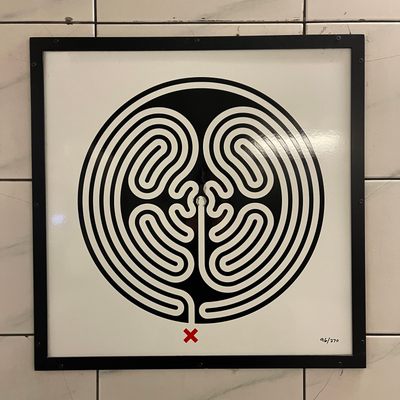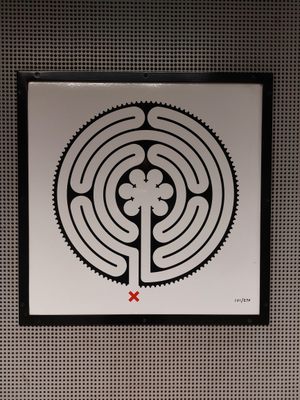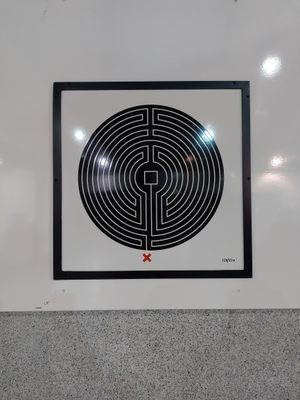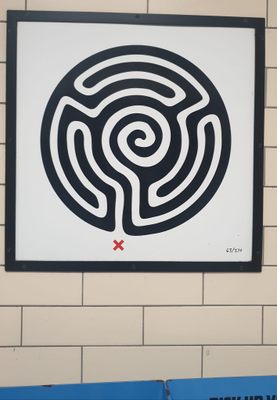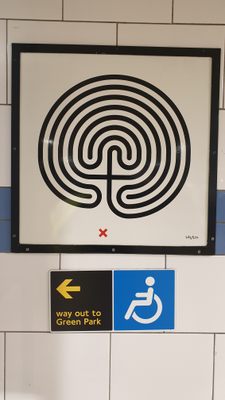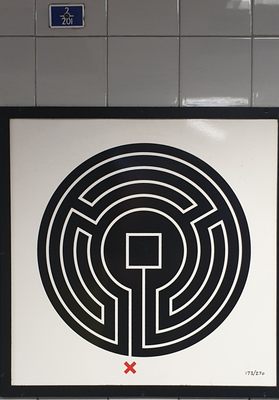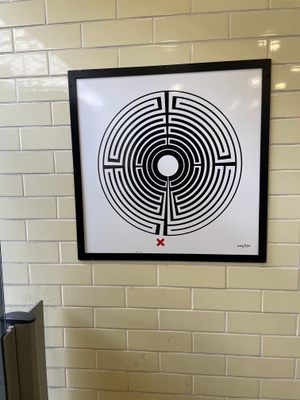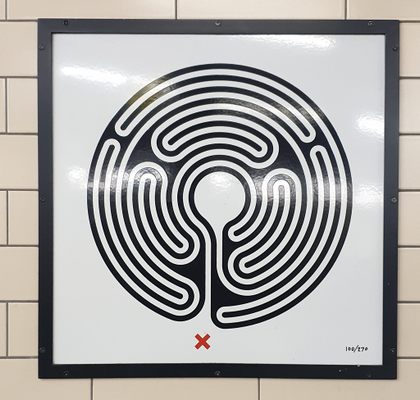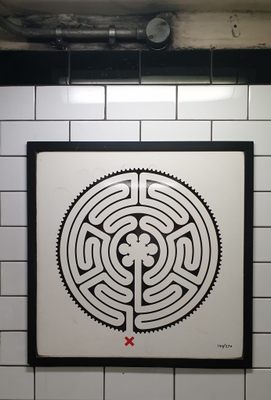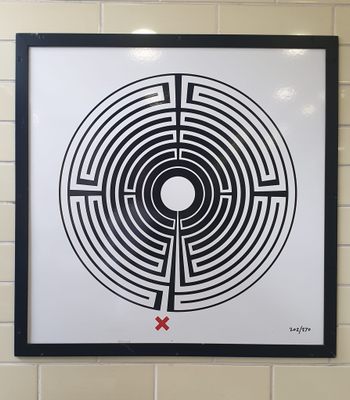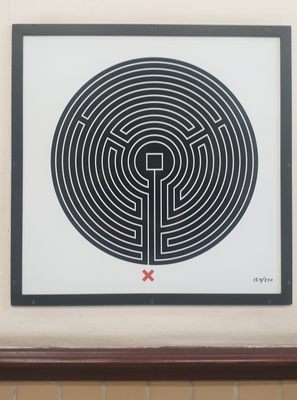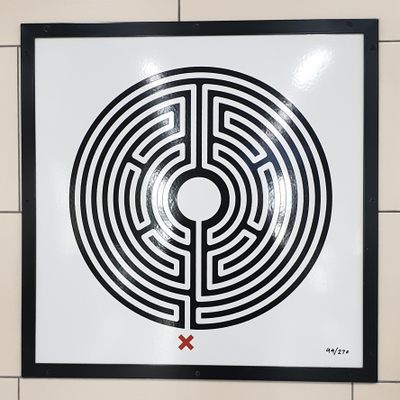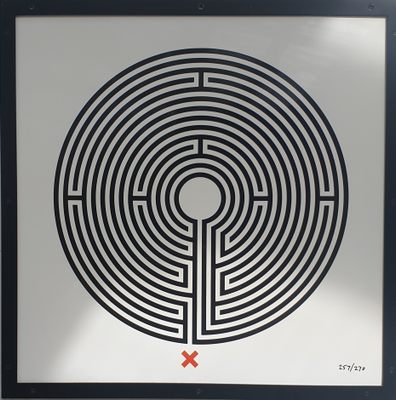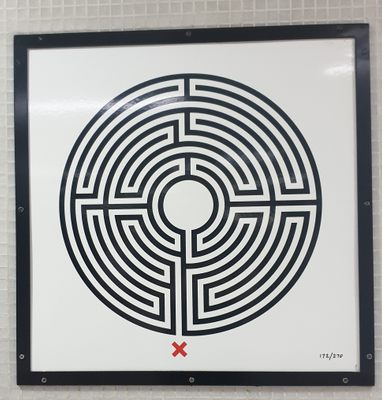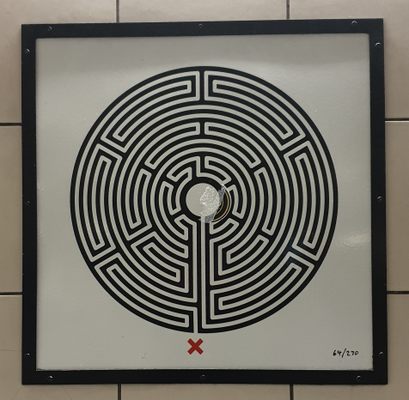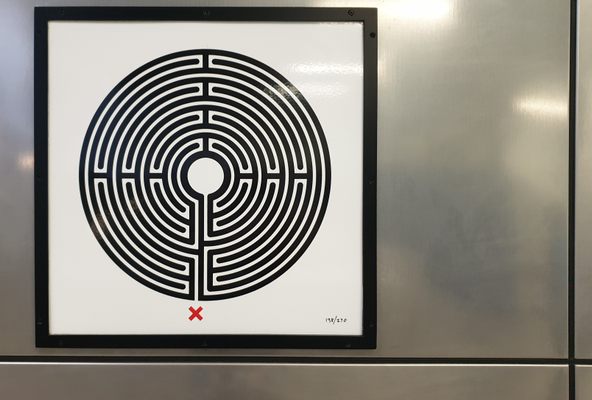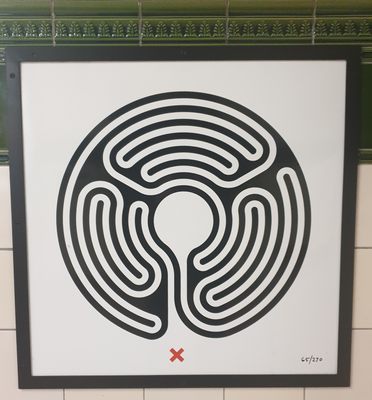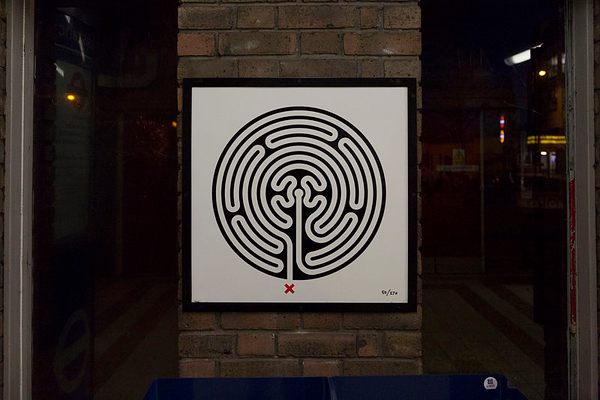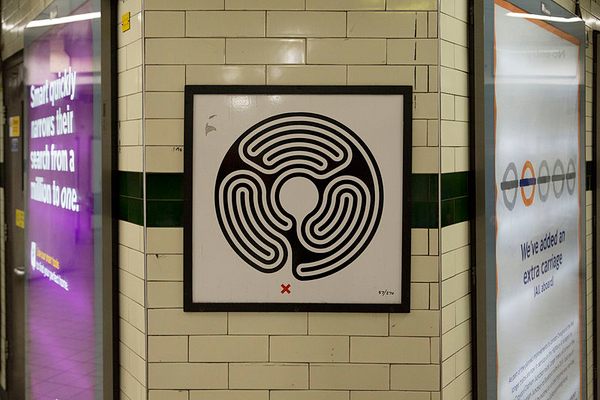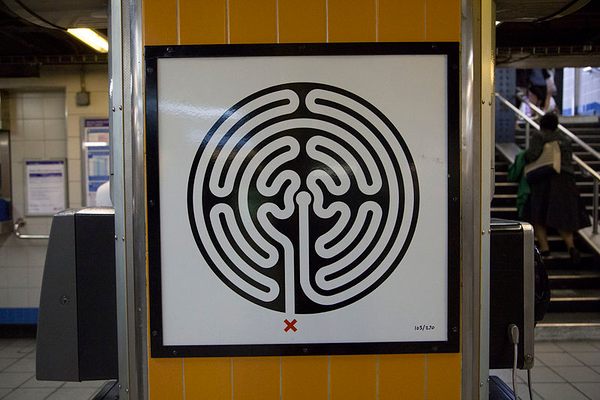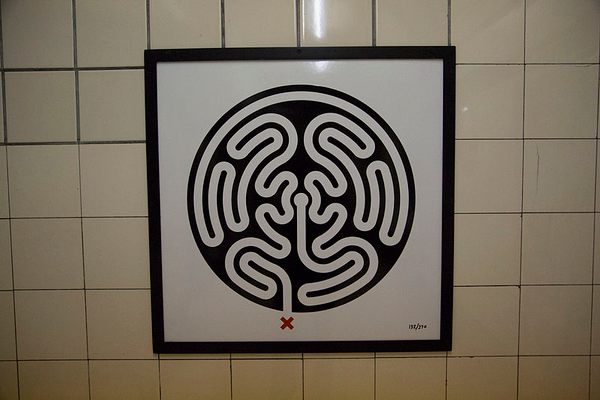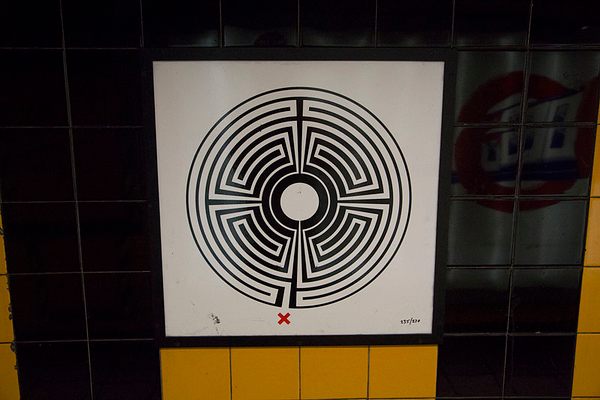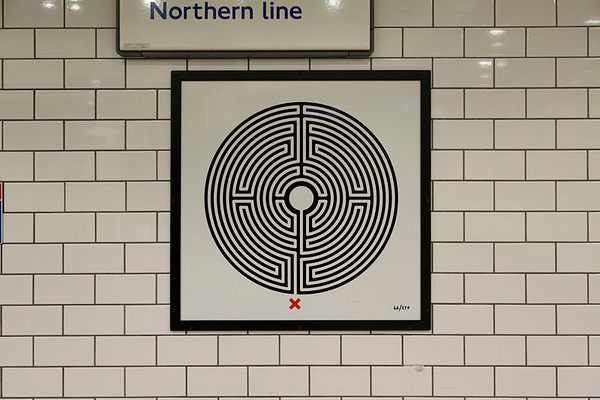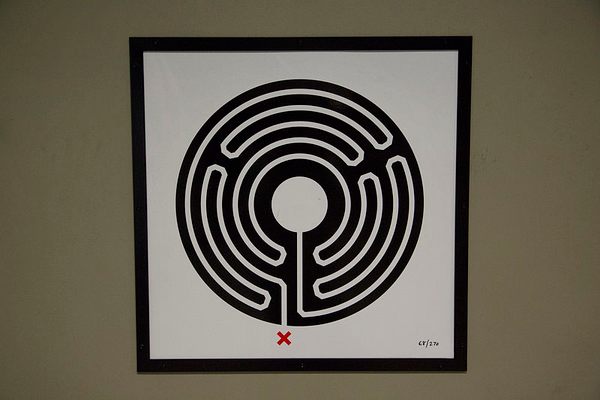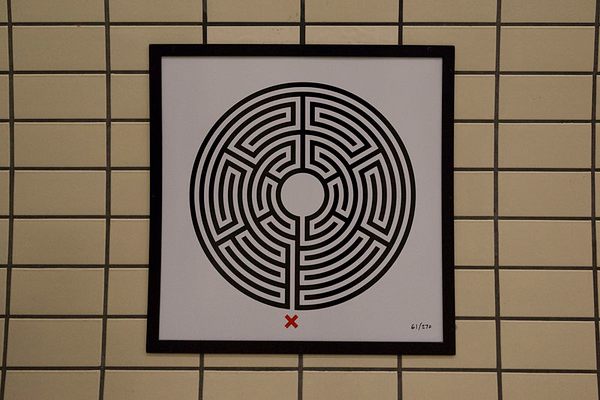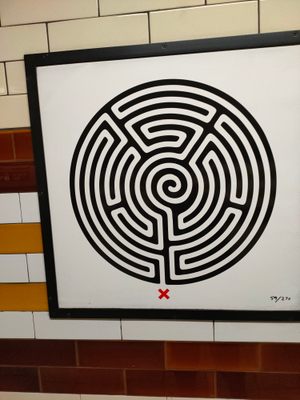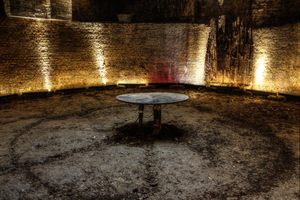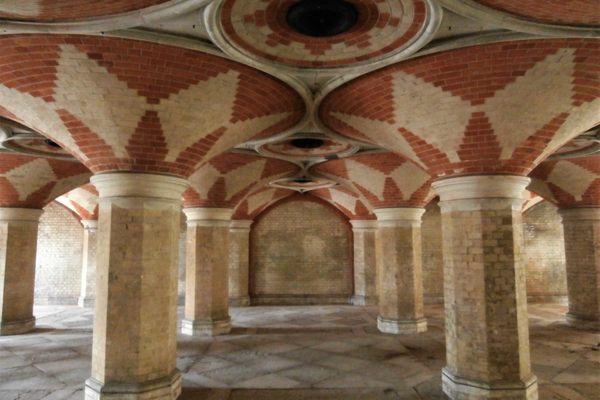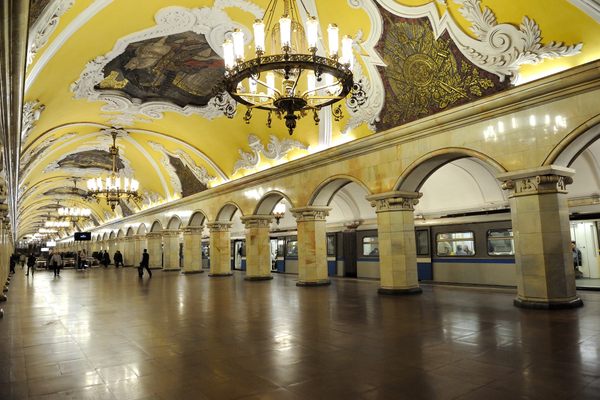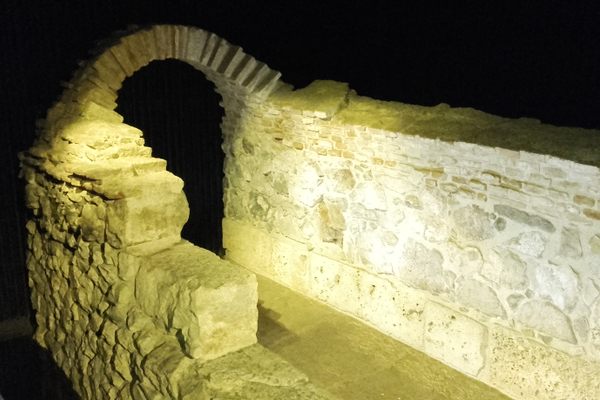About
In the 2000s, London’s government asked artist Mark Wallinger to make an art installation commemorating the Tube’s 150th anniversary. Wallinger chose to create a labyrinth for each of the city's 270 underground stations, with each labyrinth embodying a unique geometric design and meaning.
These labyrinths are often in plain view, yet they often go unnoticed by the thousands of commuters and tourists who pour through London’s subway system each day. The hidden-in-plain-sight imagery of the designs is a fitting metaphor for the labyrinthine nature of the underground transportation system itself, and for the wider city environment, which can often seem like an urban maze.
But the labyrinths are also, according to the artist, a spiritual metaphor for the daily journey commuters embark upon while traveling through the city. They also have a much broader meaning, as throughout history the labyrinth has been a symbol of the journeys of life itself.
Related Tags
Know Before You Go
A labyrinth can be found in every one of London's 270 underground stations, just keep your eyes peeled and you will inevitably find one hiding in plain view. When you do find one, don't get too lost in contemplating the labyrinth, as in any city, there are thieves and pickpockets that operate on the London Underground. Be mindful and aware of your surroundings. If you have an iPhone, you can download a web app "Labyrinth" to learn more about how the art was made and what it represents.
Community Contributors
Added By
Published
February 14, 2019

